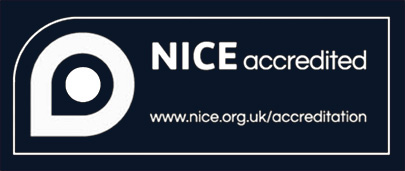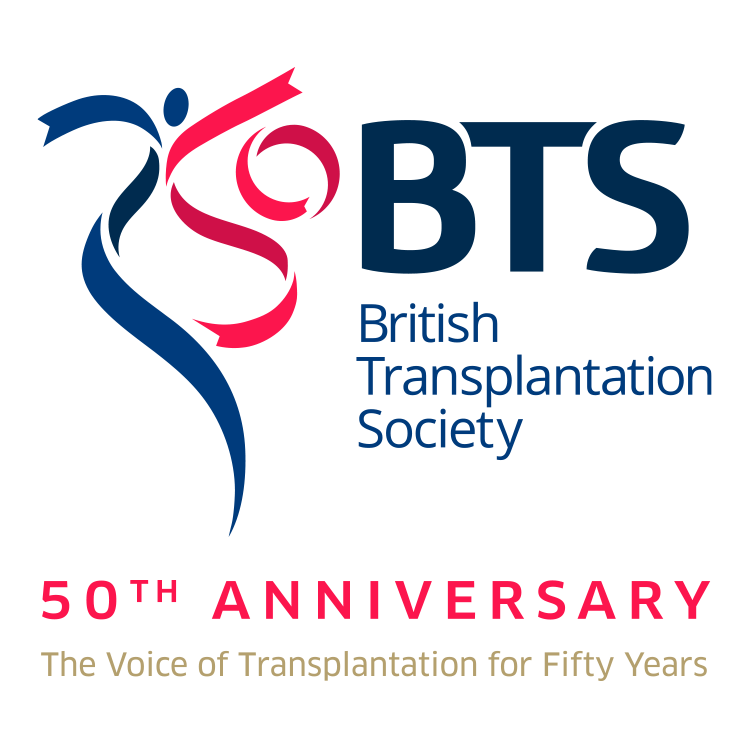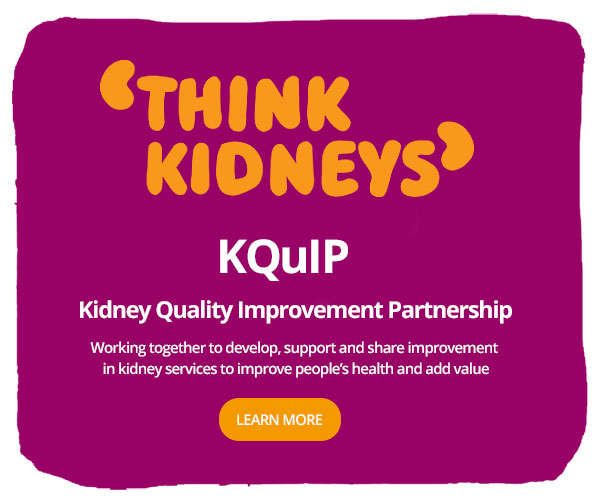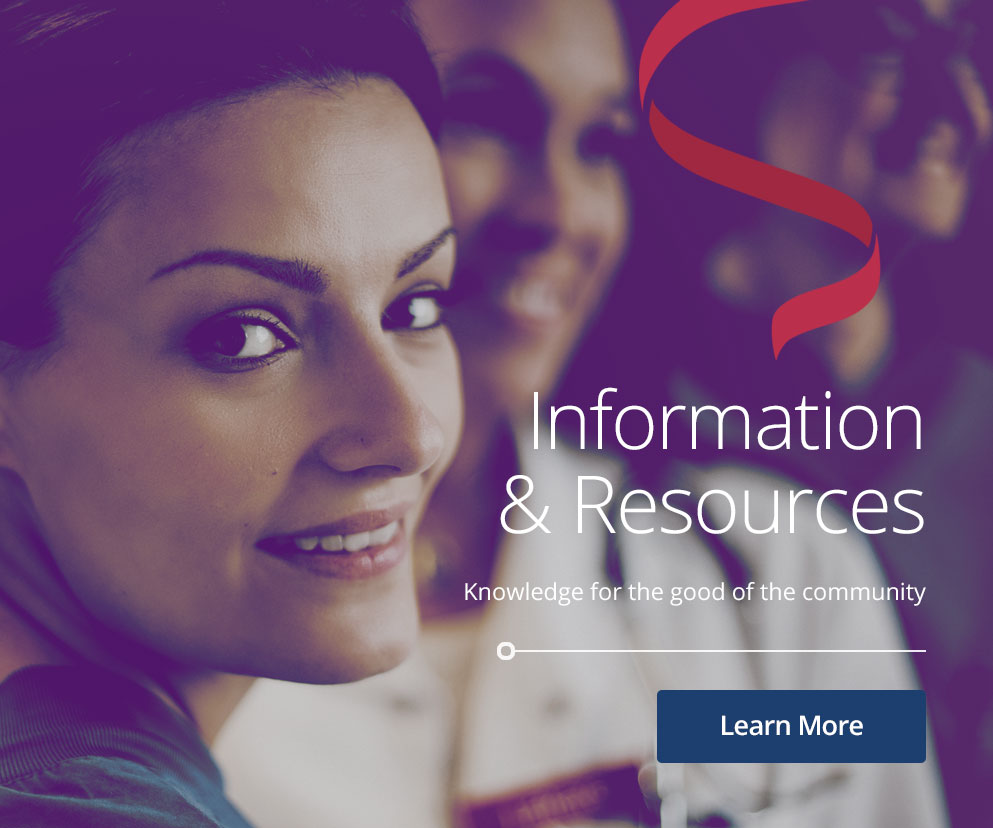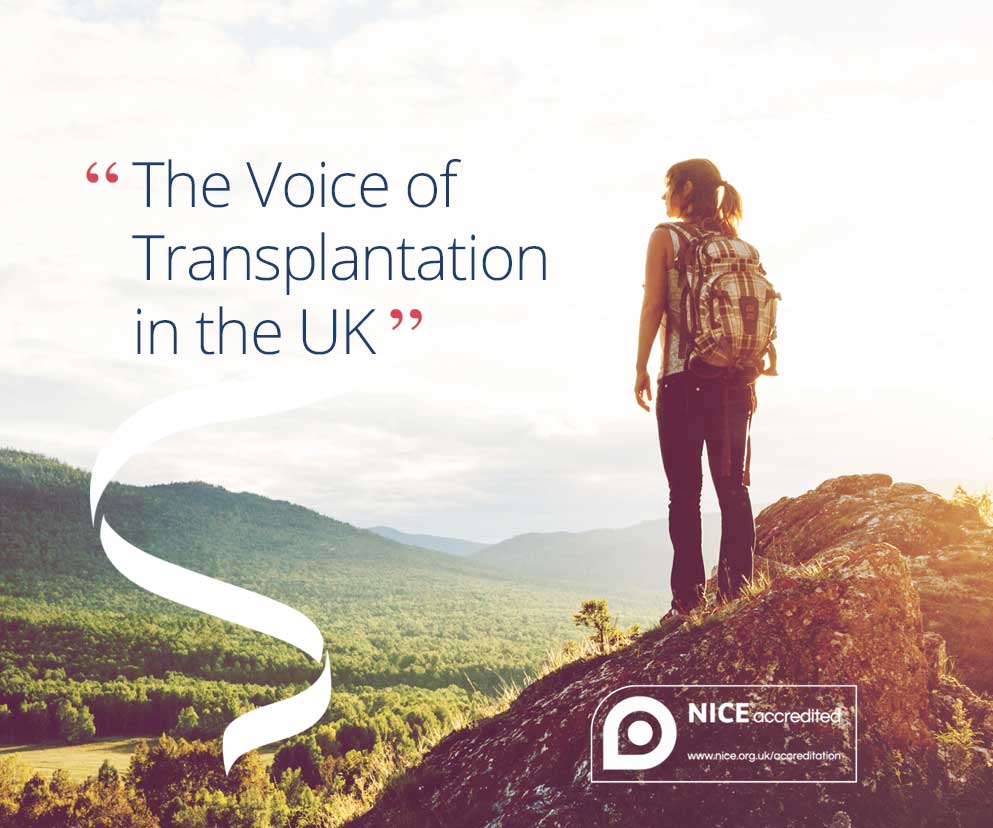Transplant Library

About the Transplant Library
The Transplant Library database provides access to all evidence-based publications on all aspects of organ transplantation, together with “Expert Reviews” from subject matter specialists which discuss the potential impact on current clinical practice. In addition, selected (good quality) Clinical Practice Guidelines are included.
The Transplant Library is produced by the Peter Morris Centre for Evidence in Transplantation (CET), a UK nonprofit organisation which was founded by Sir Peter Morris in 2005. It is a joint department of The Royal College of Surgeons of England and the London School of Hygiene and Tropical Medicine of the University of London, and the University of Oxford.
In summary, the Transplant Library database provides access to:
- All Randomised Controlled Trials (RCTs) on any aspect of solid organ transplantation, including ongoing RCTs and Congress Abstracts
RCTs are critically appraised and receive a methodological quality rating.
- Good quality Systematic Reviews
- Selected, good-quality Clinical Practice Guidelines
All guidelines are assessed using the AGREE II instrument
- Expert Reviews – subject matter experts discuss the potential impact on clinical practice
- New publications receive a Clinical Impact Rating
- Practice Changing Studies are highlighted
- CET Conclusions: an assessment of the methodological quality and the main conclusions of the study
- Funding information: Industry Funded / Non-Industry Funded
- Trial Registration information
- Personal Evidence Update: BTS members receive monthly the Personal Evidence Updates based on their selected topics of interest
- Direct free access to Open Access articles (~1,300 and growing rapidly)
RCTs published from 2004 have been given a methodological quality rating. The Library is produced by the Peter Morris Centre for Evidence in Transplantation (CET), which holds the copyright to the content of the database.
“The standards of the BTS are highly valued nationally and internationally and we achieve this through the democratic and multidisciplinary nature of the society and the Council structure.”


![]()
